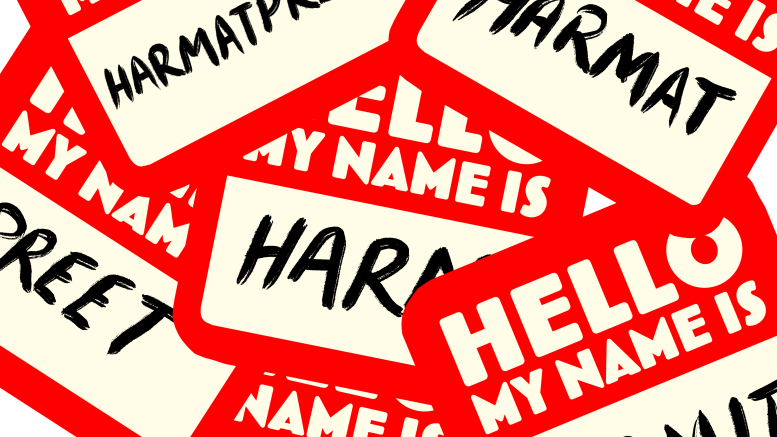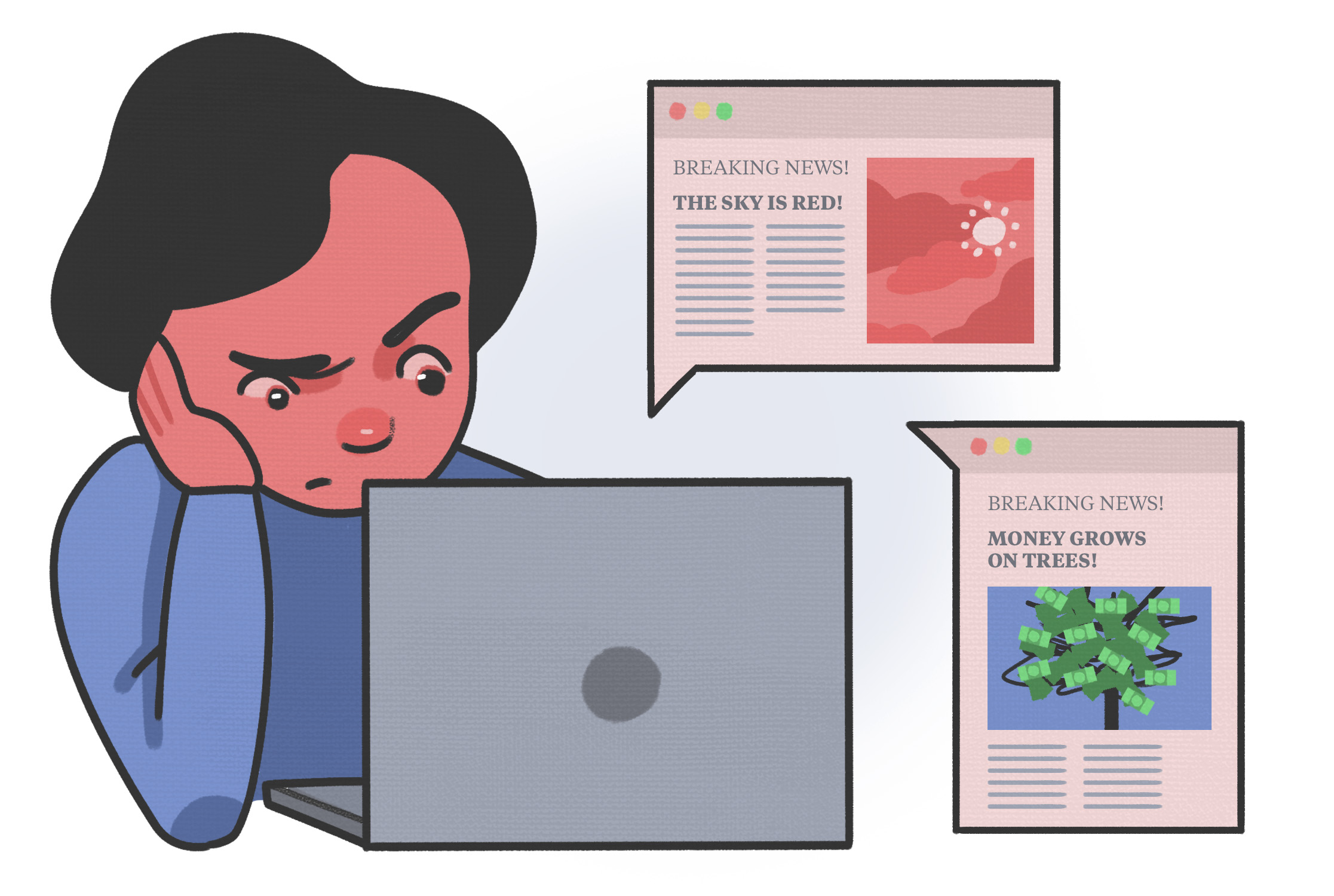We are fragile mosaics of everything we have ever known, and that starts with what we believe is truly our own — our names. Harmat was the name I was supposed to have until my uncle suggested making it compound: Harmatpreet. Being named Harmatpreet was an afterthought, so its endless impact on my identity is bizarre to reflect on.
In Gurmukhi, which is the script used by Sikh people for writing Punjabi, each part of my name has meaning: “Har” expresses all of something or belonging to God, “mat” signifies wisdom or intellect, and “preet” expresses love or adoration. I felt honoured to carry the name as my own, at least until circumstances led me to resent it instead.
One of the earliest ways I began exploring my name was through religion. Raised in a Sikh household, I attended gurdwara — the Sikh place of worship — during weekends, celebratory occasions and summer camps. Needless to say, Sikhism occupied a major portion of my childhood.
At gurdwara and at home, I spoke in Punjabi and was called Harmat. Harmatpreet seemed like a mouthful, and Harmat was the logical derivative.
When I was five years old, I moved to Winnipeg and began attending school. One of the schools asked if I could be called Preet. I mumbled something in quiet agreement, but truthfully, I was just confused, never having considered that nickname before.
For a few years, it felt novel to distinguish Harmat at home from Preet in public. And as an early hopeless romantic, I revelled in declaring loudly and passionately that my name meant love.
But going by Preet didn’t erase my legal name from attendance sheets, nor did it prevent comments about knowing every other “preet” or Brar in the city. Still, it did compel me to question: why are people proud to master another long name like Chrysanthemum, yet they cannot be bothered to grasp one portion of Harmatpreet?
My name began to feel like another aspect of my identity that was too intense and too foreign yet somehow not enough. Preet was one syllable, with two boring e’s in the middle, and just far enough away from pretty to be a cruel joke. It was a name bruised and battered beyond belief. I spent years trying to escape its confines, clinging onto the hope that by changing my name, I could change how people perceive me.
I began to chase autonomy over my name. I gave myself the nickname H.P.K.B. to represent my initials: the entirety of my name and of my being. When I moved schools, I was overjoyed to introduce myself as Harmat. It sounded raw and melodious, and it filled me with utter euphoria even on the worst of days.
Little did I know that changing my name without confronting the issues would simply transform my problems. Harmat was my introduction to poorly crafted puns and strange misspellings. The intentional badgering could be endearing, but the accidental slip-ups are what brought me back to my Preet days of feeling inadequate. It made me feel like I must be the issue, since my name clearly was.
Over the years, the delight of the name Harmat waned as it became the name I was called in most settings. A deluge of nicknames took its place. I was Harm during rugby, Harms at work, Har by some friends, and so on.
As the nicknames grew, so did my comfort with myself and within my identity. With the fading euphoria disappeared the obsessive desire to evaluate my name. And over the years, I’ve pieced together what was truly happening.
With the struggles of being a first-generation immigrant, my name was one of the few tangible pieces of identity that I had. With others constantly emphasizing my name, I began to do the same. It became a persona and an escape whenever I was unsure of who I was or wanted to be. I clung to it for dear life until I could learn to develop my identity elsewhere.
Over time, my name served as a catalyst for my internalized racism. But now, I recognize that it can serve as a catalyst for anything. It is a fresh canvas on which I celebrate my identity. It is the vessel by which I experience the world. My name is distinct. It does not carry a reputation. I am free to mould it as I wish.
So, as I learn to embrace my name and my life, I have three vows: to give nicknames out of care instead of convenience, to listen to all the songs that are titled after a name and to honour the words of the great Christopher John Farley. A brilliant journalist and author, he once declared, “Whisper to the flashing water your real name, write your signature in the sand, and shout your identity to the sky until it answers to you in thunder.”





